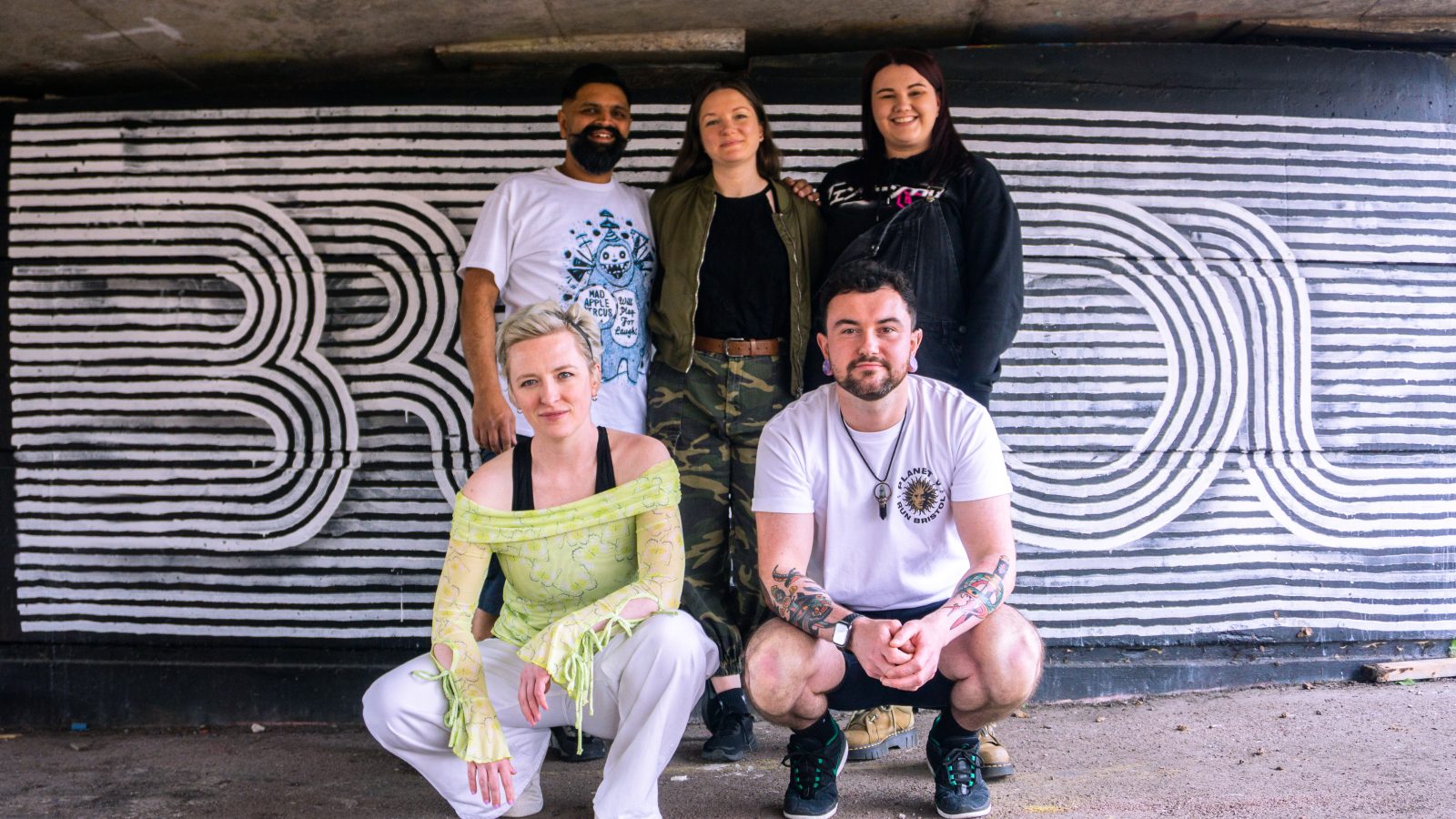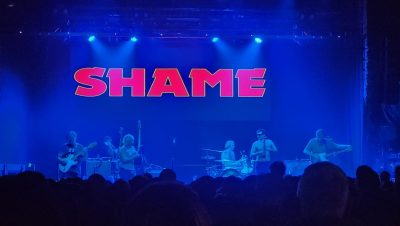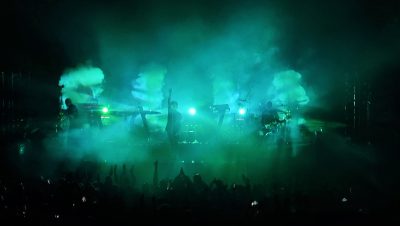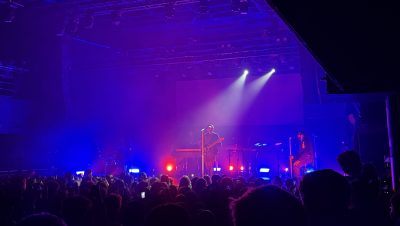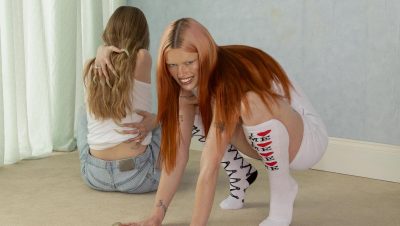Music / drum and bass
Full Spectrum: five years of championing the DnB scene
DJ and events collective Full Spectrum are gearing up to celebrate half a decade of dancing away to drum and bass and championing local talent, with inclusivity and independence built into their core tenets.
The idea for the collective was born of a political movement, with the idea first brewing during the COVID-19 lockdowns and just after Bristol and the wider world were beginning to reckon with the injustices and inequalities highlighted by the Black Lives Matter movement.
They then saw how this translated into music and saw an opportunity to make something important and while people told them it wouldn’t work, they’ve proved them wrong.
is needed now More than ever
“We all stand up for what we believe in, and it’s just grown into this community of like-minded people,” says Full Spectrum member Ffi as she reflects on the following they’ve built up over those years.
Ffi is joined by 1/3 of their crew: Sal and Chaand, to sit down ahead of their celebration at the Exchange on July 26, to reflect on their evolution.
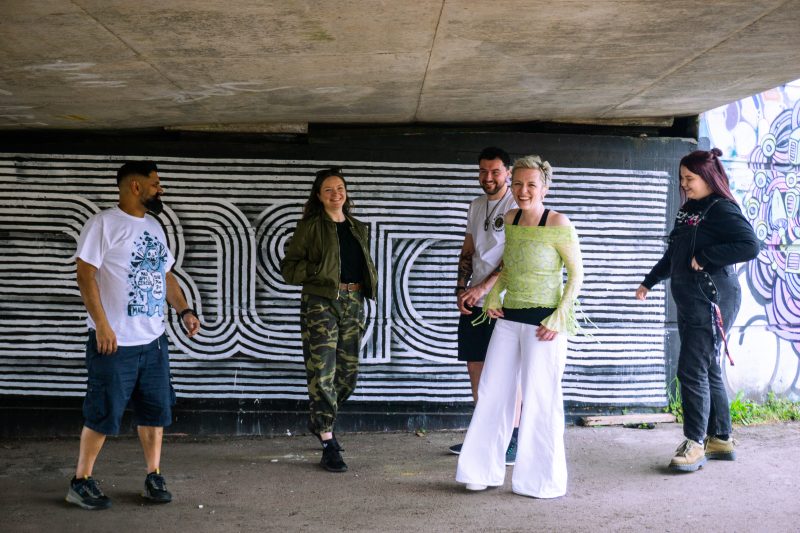
“It’s never going to be a money making machine or anything like that, but you become rich in the memories of it all.”
The group has evolved and changed over the years, at present there are six of them: Ffion Riordan-Jones, Sal Smith, Chaand Bhagorta, Al Hook, Kate Good, and Row Davis Williams – all bringing their own unique skills and experiences to the fold.
Alongside Kate, Fi takes on the organising of events and liaising with people, and then the rest of them have different things they do or pick up as and when needed – as well as DJ of course.
They have the ability share a lot of the work and the decision making – which being a collective lends itself well to.
Priding themselves on being able to take any ideas they’ve got and run with them.
It’s empowering having full creative control, with no middle men like promoters or sales.
The thought upsets them, says Ffi.
She explains: “If you’re an up and coming DJ or promoter, social media is king, right?
“However, it’s disempowering in the sense that [to drive interest] people’s validation is taken away from their craft.”
Their integrity as an artist is challenged and it becomes that toss up between what feels authentic and what they have to do to maintain relevancy in today’s rapidly changing scene which is driven by clicks and likes.
Ffi adds that there is then another layer upon that when artists that want to DJ don’t yet know how they want to identify personally, never mind at a professional level.
“So, if we can just provide somewhere where people can just let loose and learn, then great.”
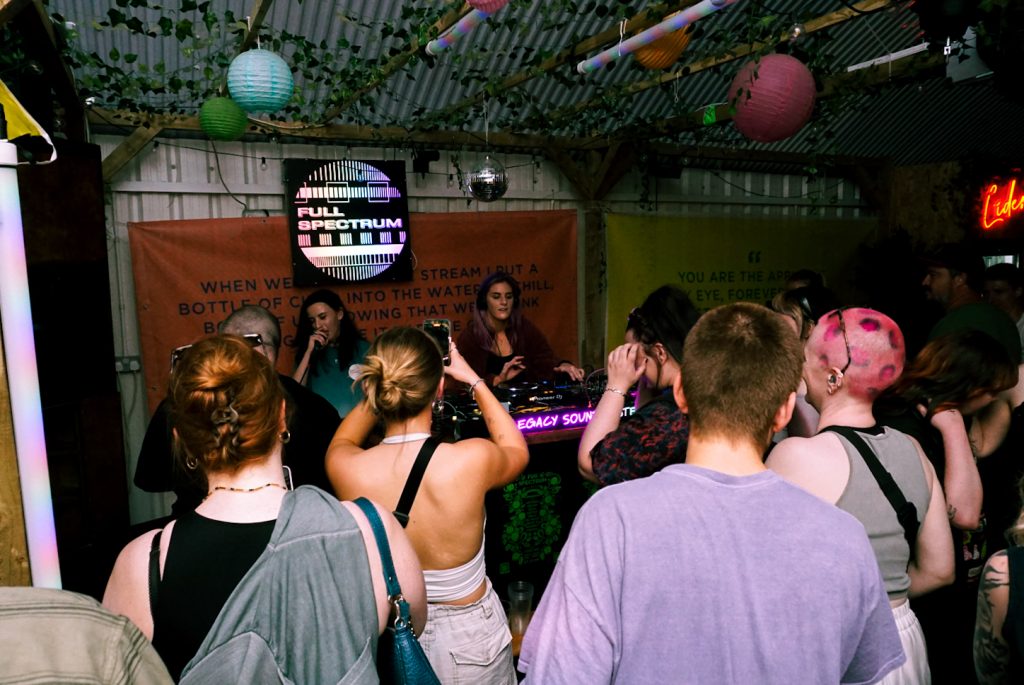
Last year they defiantly said their sound would only ever be DnB, but they’ve grown and expanded it since and are happy as long as there is bass involved.
They say this is something that they have been talking about a lot in full spectrum: promoters that are huge corporations who say let’s bring it back to the underground.
“You’re not, you’re still monopolising,” Ffi says firmly.
Translation: it’s the underground scene aesthetic that they really mean.
“It’s a really funny time, because people are discussing at the moment whether politics belongs in music.
“Like dance is inherently political from its foundations, and to then have the underground silence effectively.
“That’s why the queer scene, I feel like still has this force to persist and flourish.
“I think we’ll still be going in the next five years, so it’d be interesting to have this conversation then and see if anything’s changed.
Talk turns to the closure of venues across Bristol.
“It’s a stark reminder of what happens when you almost ignore the underground, when you don’t invest in the new people, when you don’t invest time into the new nights.”
Chaand says he understands, particularly in DnB why there is that reliance on having a headline but that you can only rely on the big acts for so long.
For students and young people going out and blowing £40 and upwards for tickets alone on a headline-heavy event, that leaves them spent for weeks, forcing them to go all out on a single night every few months.
Its events like these that Sal says made them realise there was no middleground.
“Jungle is inherently underground, whereas drum and bass at the moment… there’s a complete monopoly on the bigger brands doing these really massive shows,” says Ffi.
For them it changed the way they wanted to approach their creative exploits and how they wanted to operate.
“It’s never going to be a money making machine or anything like that, but you become rich in the memories of it all.”
Around about their third birthday, they had massive headliner DJ Mantra playing which they all loved and were excited to be attracting acts like them.
They noticed that people were coming to their shows genuinely because they enjoyed what they were doing and it triggered the realisation that bigger isn’t necessarily better – not for the moment anyway.
Sal says they regrouped and made the decision “to really support smaller local artists and build more of a community than just put on big headliners.”
“It just doesn’t really feel true to who we are anymore and we are,” agrees Ffi.
“We just believe that there’re so many great venues and artists in Bristol that need supporting now more than ever.”
Matter-of-factly she says: “The smaller nights are dying.”
View this post on Instagram
Despite the stark realities of the industries, the collective have gone from strength to strength and their mission and how they work together is propelling clearly into the future.
This “summer in Bristol feels good,” Ffi says with an optimistic and enthused energy.
When asked about performing at Pride on Saturday it prompts a pleasing response: “We almost pinch ourselves sometimes because this year, we’ve really hit the ground running, and we’re just so grateful.”
Full Spectrum is in good company as there aare now a growing number of new collective like Harmonia and No More All Male Lineups, with more bubbling away in the scene.
“I think it is just going to open the playing field for kind of a bit more of a healthier scene.”
The milestone celebration will commence on July 26 at To the Moon for an open decks, before walking round the corner to the Exchange for a lineup combination of 11 artists that have either grown with them, or who they deeply admire.
They’ll be doing a bit of acid house, techno, jungle and may throw in a bit on donk.
A proper celebration the diversity of Full Spectrum.
Get your tickets from exchangebristol.com
All photos: Libby Smith
Read next:
 Our newsletters emailed directly to you
Our newsletters emailed directly to you